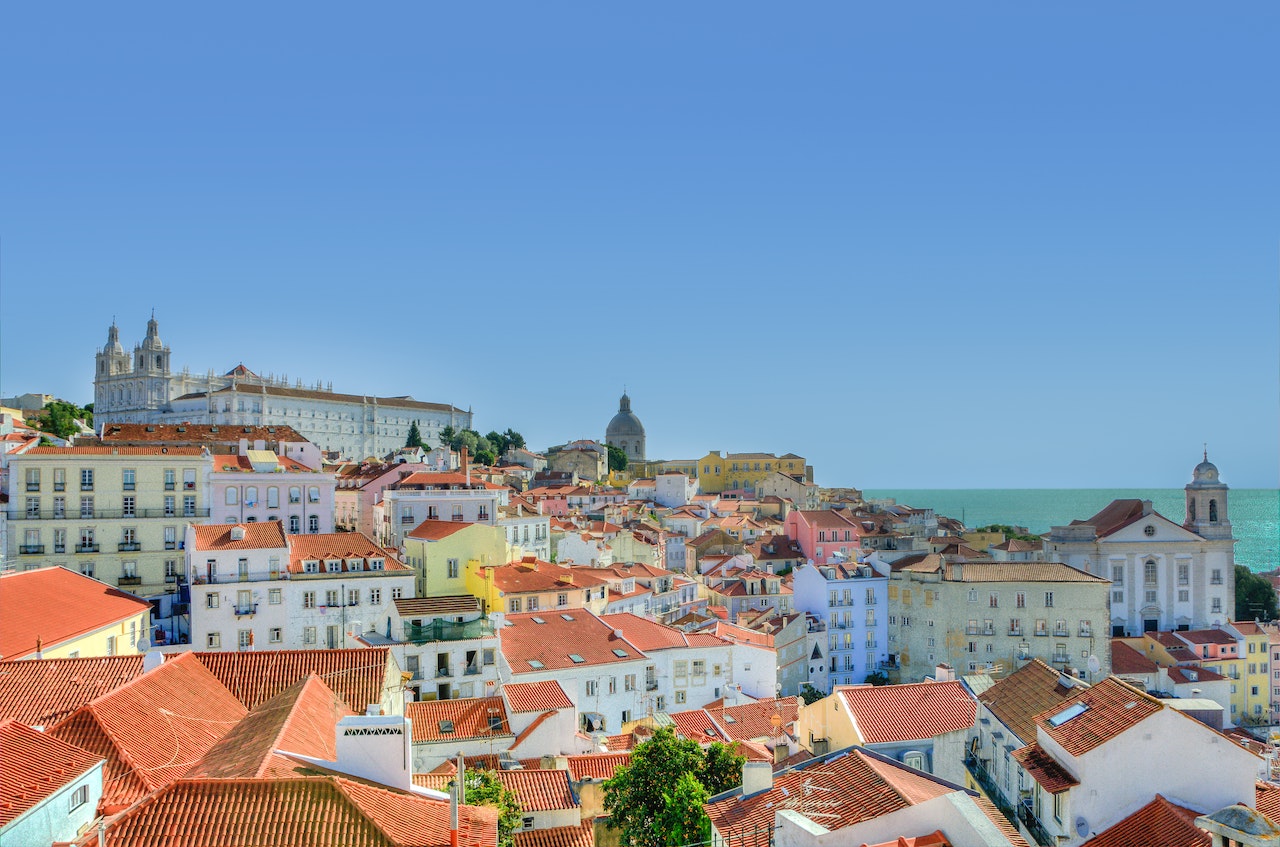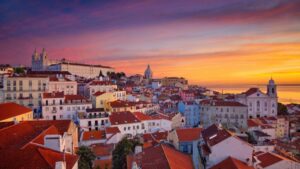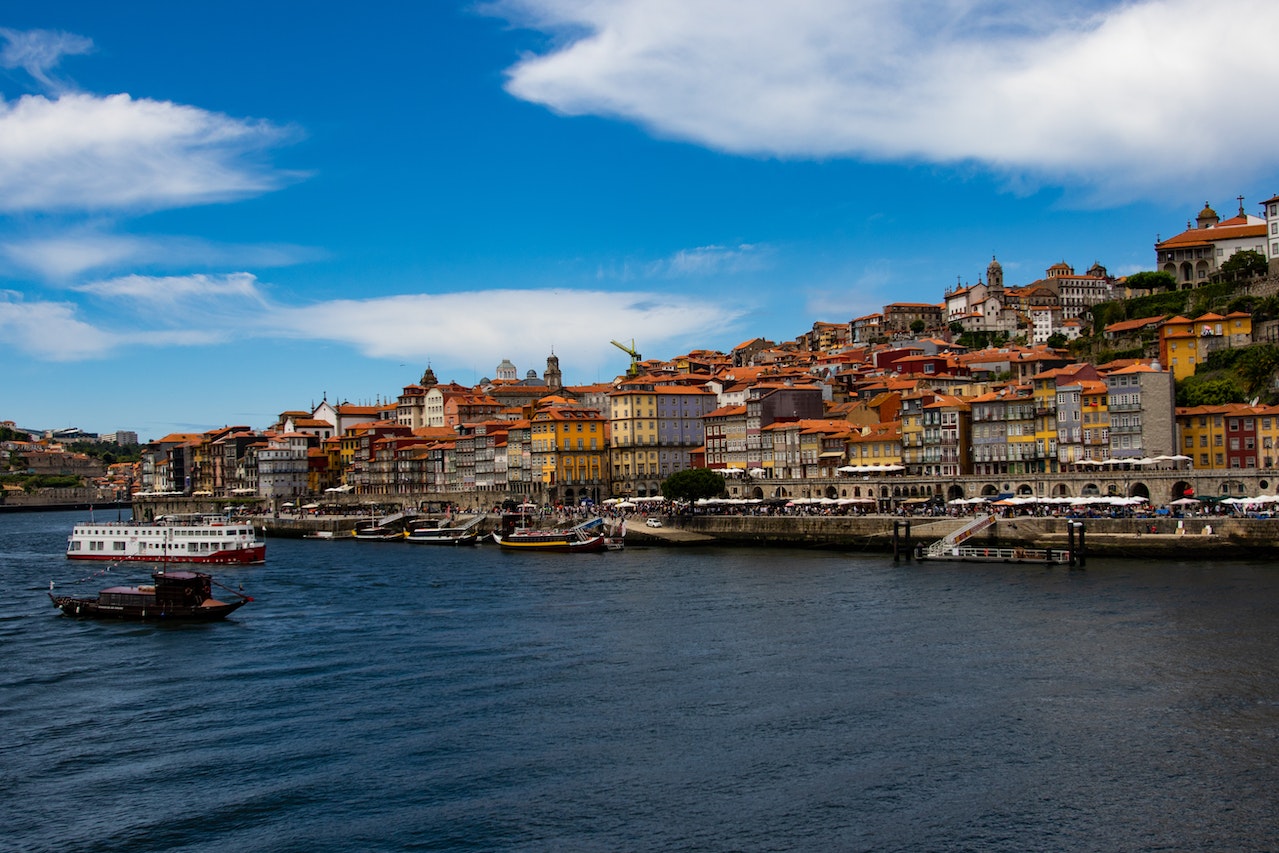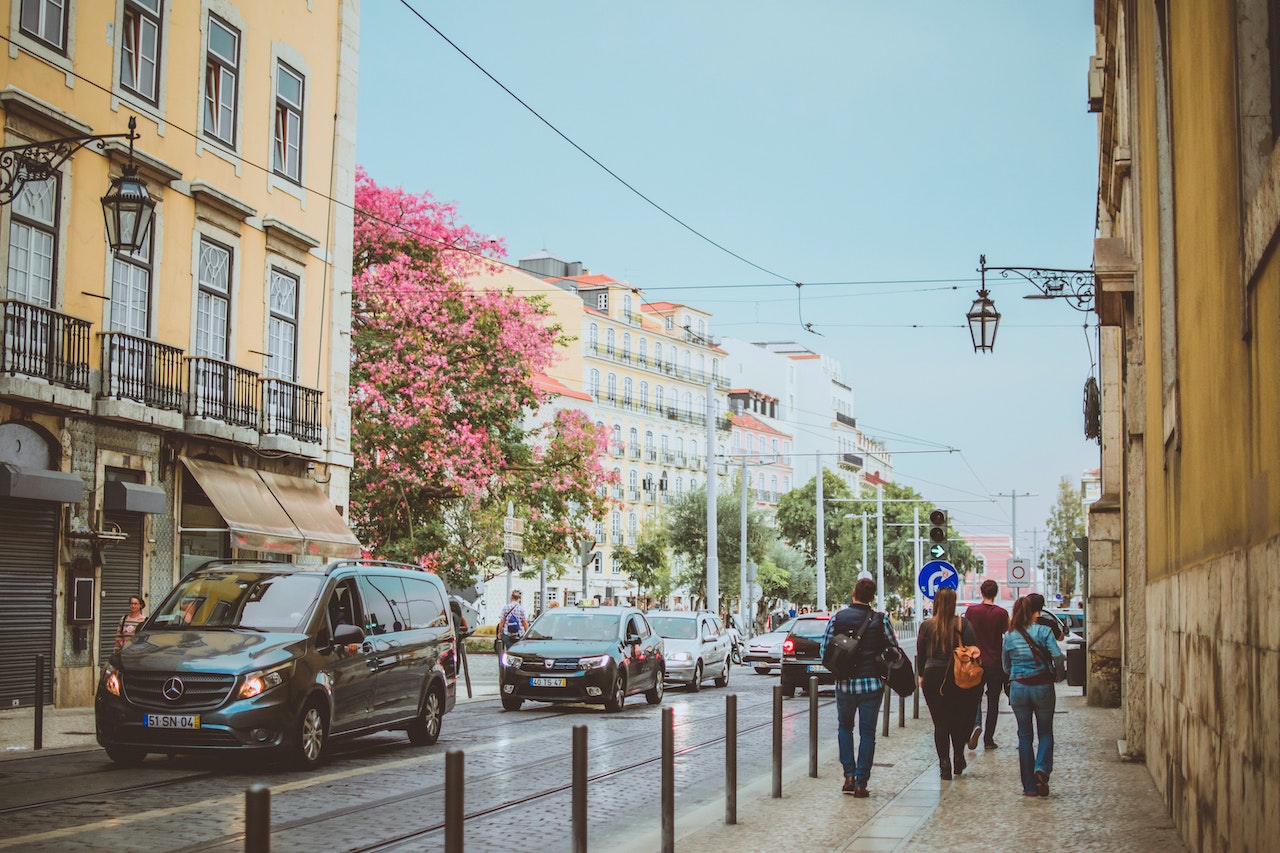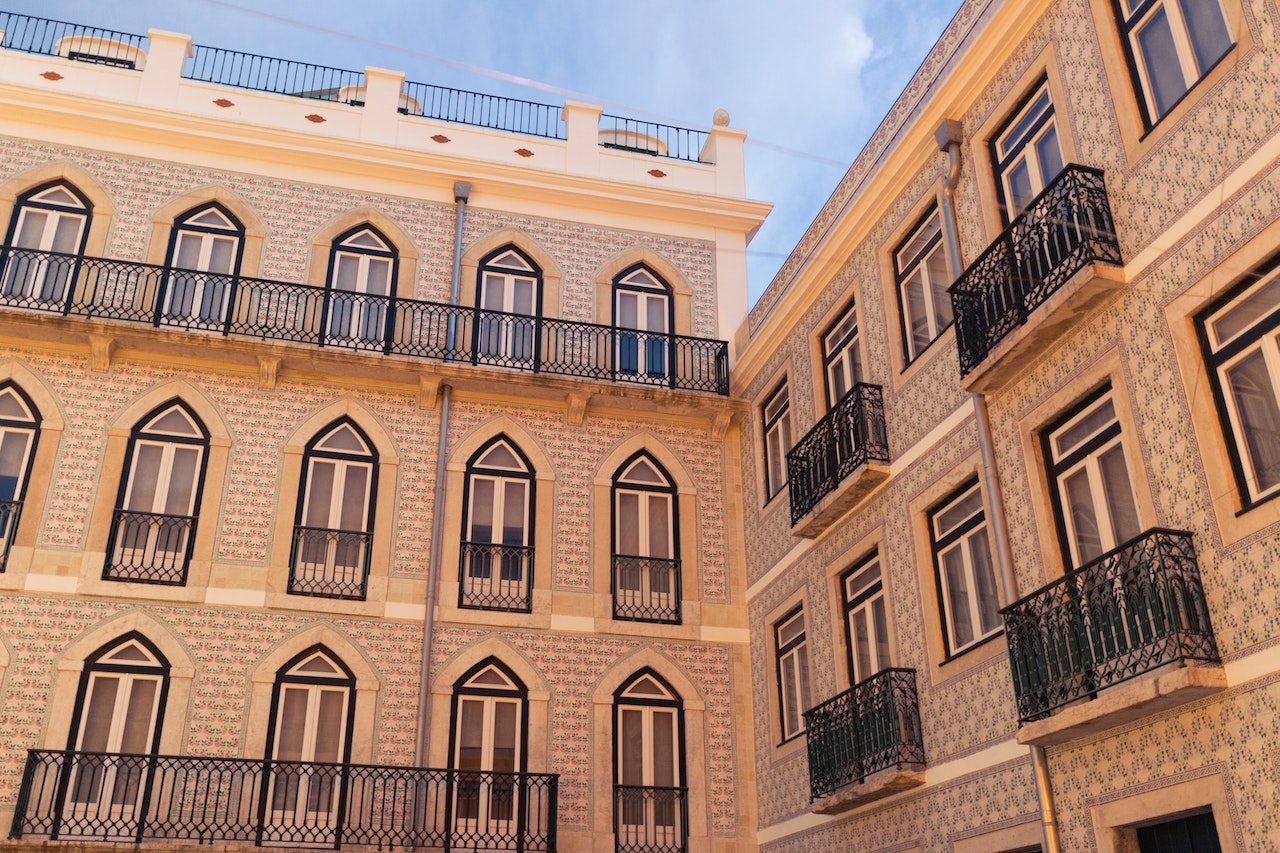In its most recent report, for 2021, on “Migration Prospects 2022”, the Organization for Economic Co-operation and Development (OECD) highlights that since January of this year “stricter requirements for obtaining a “golden visa” have come into force in Portugal.
“Residence permits for investment will no longer be possible based on real estate investments in Lisbon, Porto, the Algarve and on the coast. Once acquired, properties intended for housing only allow access to this regime if they are located in the Autonomous Region of the Azores and of Madeira or in territories in the interior of the country”, says the part of the report referring to Portugal.
It points out, on the other hand, that “there is, however, no change in the limit amounts for real estate investment, which remains at €500,000 or €350,000 if the building is more than 30 years old”.
“Residence applications for investment for other reasons will be subject to higher investment thresholds. The limit for capital transfers has increased from €1 million to €1.5 million”, says the OECD.
It also says that the minimum requirement for transfers for research activities, participation in investment and/or venture capital funds and the incorporation of commercial companies has increased from €350,000 thousand to €500,000.
“Continuous commitment”
The OECD points out that Portugal has had a “continuous commitment” to promoting “safe, orderly and regular” migration and says that the new version of the National Plan for the Implementation of the Global Compact for Migration is being prepared, which will take into account “best practices, but also current challenges”.
In the analysis of Portugal, the OECD also highlights the work done by the Portuguese government to minimise the effects of the Covid-19 pandemic on the processes of visa and residence permit applications, which have been suspended.
In this sense, it highlights that “all foreign citizens with pending cases at the Foreigners and Borders Service (SEF), who have submitted a request until December 31, 2021, are temporarily in a situation of regular stay in the country and have access to health, social support, employment and housing”.


